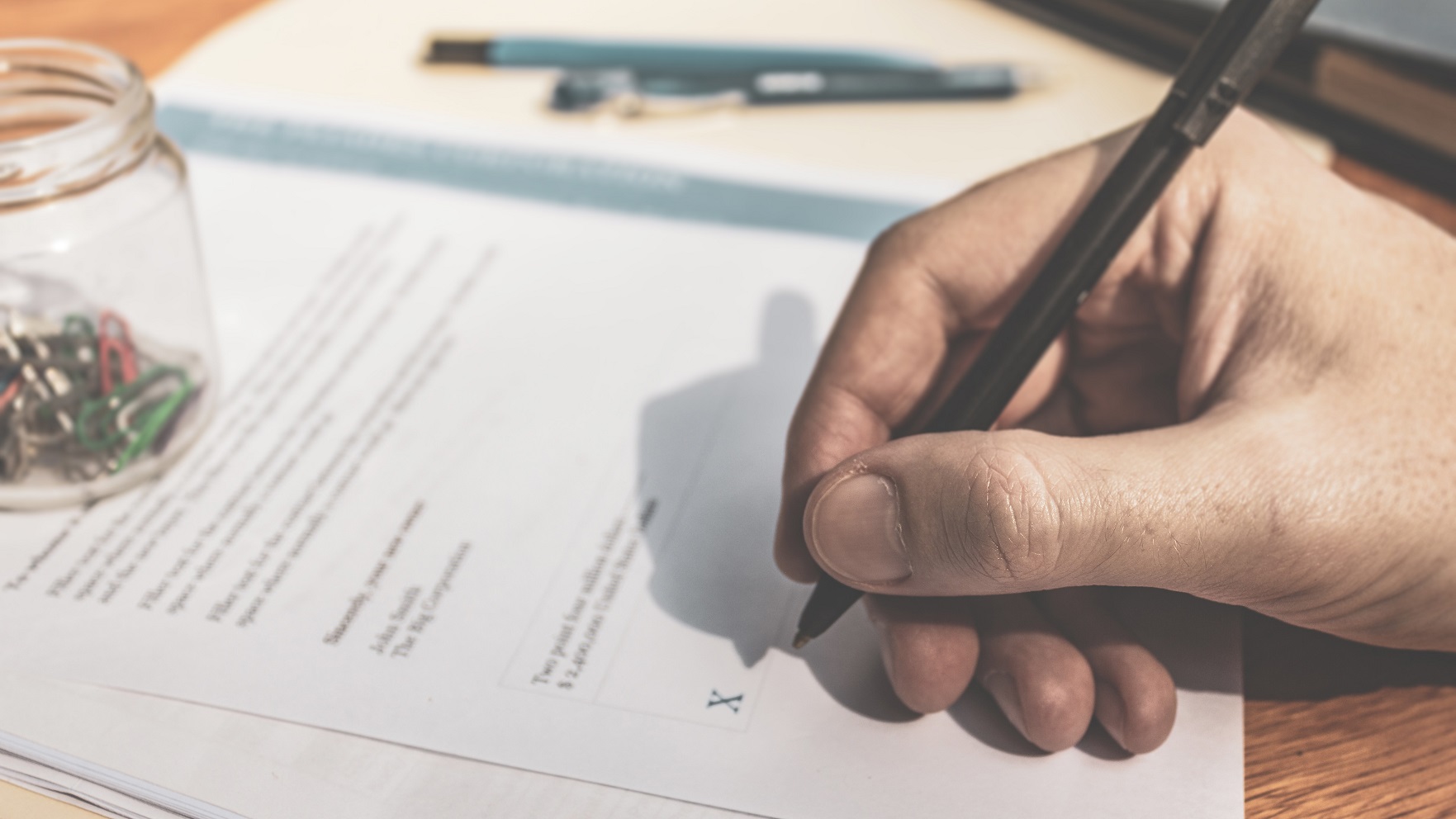French President Emmanuel Macron has introduced a global cyber security pledge that will bring government and industry together in the face of cyber crime.
The Paris Call for Trust and Security in Cyberspace was signed by 51 nations and more than 250 private organisations.
“Cyberspace now plays a crucial role in every aspect of our lives and it is the shared responsibility of a wide variety of actors, in their respective roles, to improve trust, security and stability in cyberspace,” the four-page document says.
“We affirm our willingness to work together, in the existing fora and through the relevant organizations, institutions, mechanisms and processes to assist one another and implement cooperative measures.”
The document outlines nine goals in working toward preventing malicious attacks and strengthening existing defences.
However, the agreement does not legally bind any organisation or nation to any of the measures.
And while top local technology company Atlassian is a signatory, Australia is not one of the 51 countries to have signed on to the Paris Call.
This is despite the fact Australia is a signatory of the Five Eyes intelligence alliance.
Other notable absentees include the United States, China, Russia, Israel and Iran.
The World Economic Forum (WEF) is one of the organisations to have signed the declaration.
“We’re facing a new wave of globalisation that is driven by technological advances of unprecedented scale and speed,” said Head of the Centre for Cyber Security at WEF, Troels Oerting.
“While we welcome the opportunities arising from this transformation, cyber criminals welcome them, too.
“Only through global cooperation can we hope to win the day. That’s why the Forum has chosen to support the Paris Call.”
Tech powerhouses Facebook, Microsoft, Google and Samsung have also signed.
Microsoft President Brad Smith spoke of the importance of collaboration in strengthening capabilities.
“It’s an opportunity for people to come together around a few of the key principles: around protecting innocent civilians, around protecting elections, around protecting the availability of the internet itself,” he said.
“It’s an opportunity to advance that through a multi-stakeholder process.”
CEO of Russian cyber security company Kaspersky Lab, Eugene Kaspersky, said the agreement highlights the importance of the private sector in global defences.
“To the advantage of all supporters of this call is, I believe, the idea that the private sector shouldn't just make commitments but must also fulfil responsibilities,” he said.
"What specifically resonates with me in the call is the encouragement of 'initiatives aimed at strengthening of the security of digital processes, products and services'.”
Update
On Tuesday evening, the Department of Foreign Affairs and Trade contacted Information Age to inform that Australia had now signed the Paris Call for Trust and Security in Cyberspace.
"Australia is pleased to endorse the Paris Call for Trust and Stability in Cyberspace,” said a DFAT spokesperson.
"Our support for the Paris Call aligns with Australia’s commitment to promote a peaceful and stable online environment, as set out in our world leading International Cyber Engagement Strategy.”
An updated version of the document now lists Australia.










